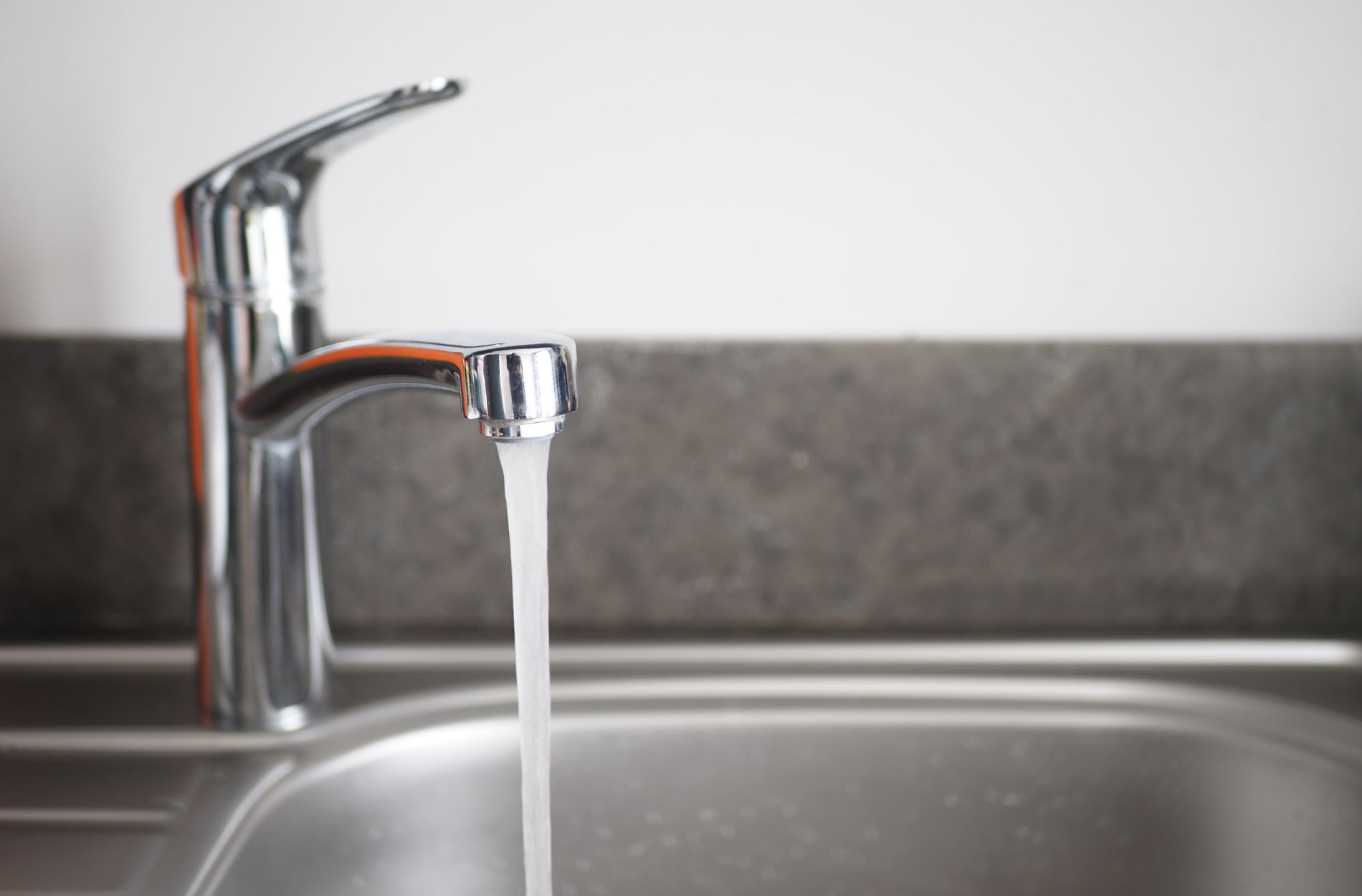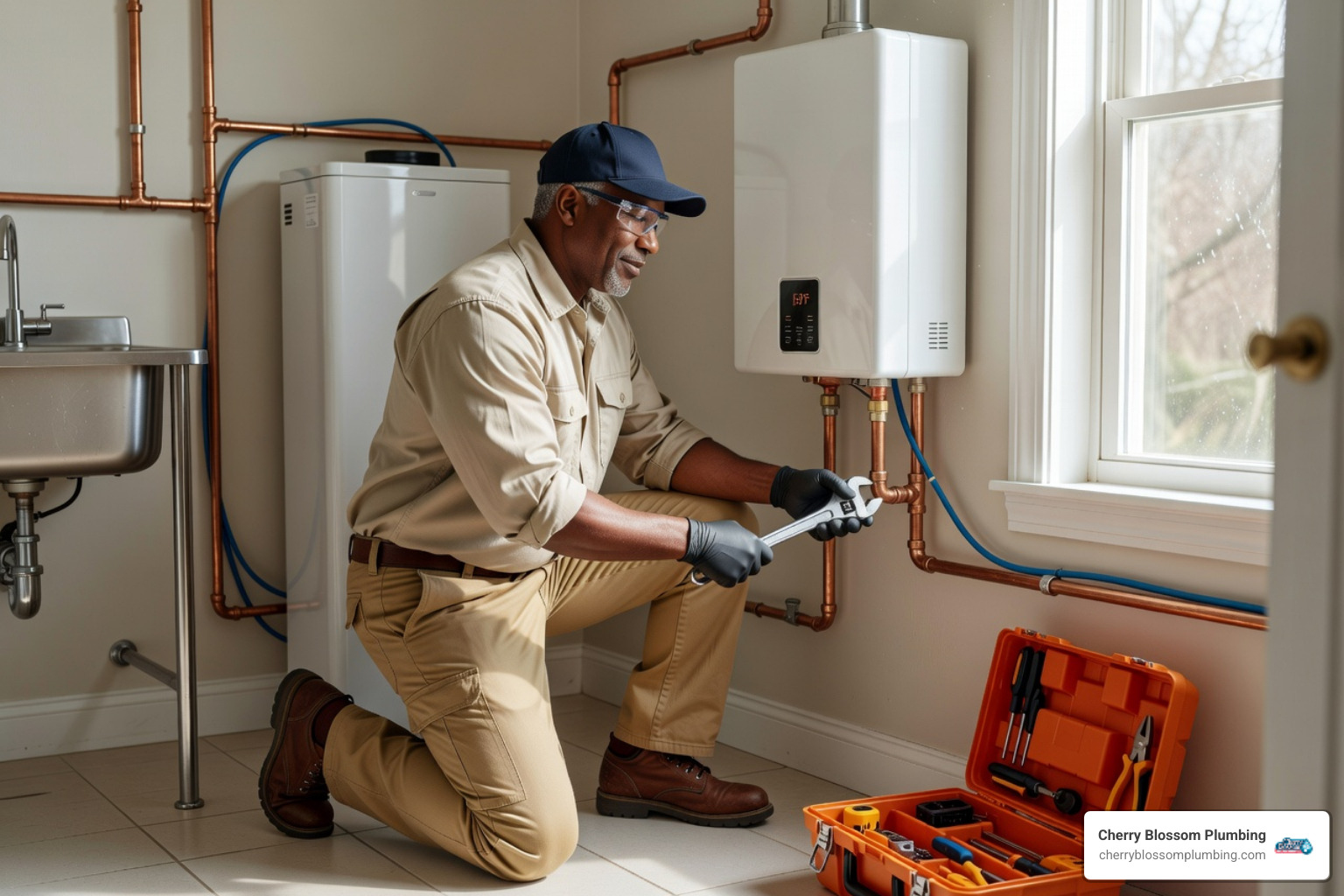
Water Softener Installation and Maintenance: Understanding Hard Water Issues and the Role of Softening Systems
Hard water is a widespread issue that affects many households. While not dangerous to your health, it can create costly and frustrating problems in your home over time. A water softener installation is one of the most effective ways to combat these issues, but proper maintenance is equally important to ensure long-term results.
What Is Hard Water?
Hard water contains elevated levels of minerals, primarily calcium and magnesium. These minerals build up inside pipes, appliances, and fixtures, creating scale deposits that reduce efficiency and increase wear. Common signs of hard water include:
- White spots on dishes and glassware
- Soap scum in showers and sinks
- Reduced water pressure from clogged pipes
- Shortened lifespan of water heaters and dishwashers
- Dry skin and dull hair after bathing
The Role of Water Softeners
Water softeners resolve these issues through a process called ion exchange, where calcium and magnesium are replaced with sodium or potassium ions. This process produces “soft water,” which helps protect your home and enhances daily comfort.
Key benefits of water softeners include:
- Longer lifespan for appliances and plumbing
- Reduced energy consumption from more efficient water heaters
- Cleaner dishes, laundry, and surfaces
- Softer skin and healthier-looking hair
Importance of Professional Installation
A water softener must be properly sized and installed to meet your household’s needs. Professional installation ensures the system is connected correctly, set to the right capacity, and integrated into your plumbing for reliable performance.
Water Softener Maintenance Tips
Like any system, water softeners require routine maintenance to remain effective. Homeowners should:
- Check salt levels regularly – Refill the brine tank as needed.
- Use high-quality salt – Avoid impurities that can clog the system.
- Schedule annual inspections – Have a professional test water hardness and system efficiency.
- Clean the brine tank – Prevent buildup of sludge or salt bridges.
- Replace resin beads if needed – Over time, the softening resin may lose effectiveness.
With proper care, a water softener can last 10–15 years or more.
When to Consider Repairs or Replacement
If you notice your water softener isn’t working as effectively—such as recurring scale buildup, salty water, or frequent system cycling—it may need servicing or replacement. Early intervention can help you avoid plumbing damage or appliance wear.
Final Thoughts
Hard water can take a toll on your home, but with the right water softener installation and maintenance, you can protect your plumbing, extend the life of your appliances, and enjoy cleaner, softer water every day. A professionally installed and well-maintained system ensures your home continues to benefit for years to come.
Customer Testimonials
Cherry Blossom Plumbing has consistently provided top-notch service, ensuring every issue is resolved efficiently and professionally.

Latest Blog Posts
Service Areas
Proudly serving Arlington and the surrounding Virginia communities with fast, reliable plumbing solutions you can count on.







